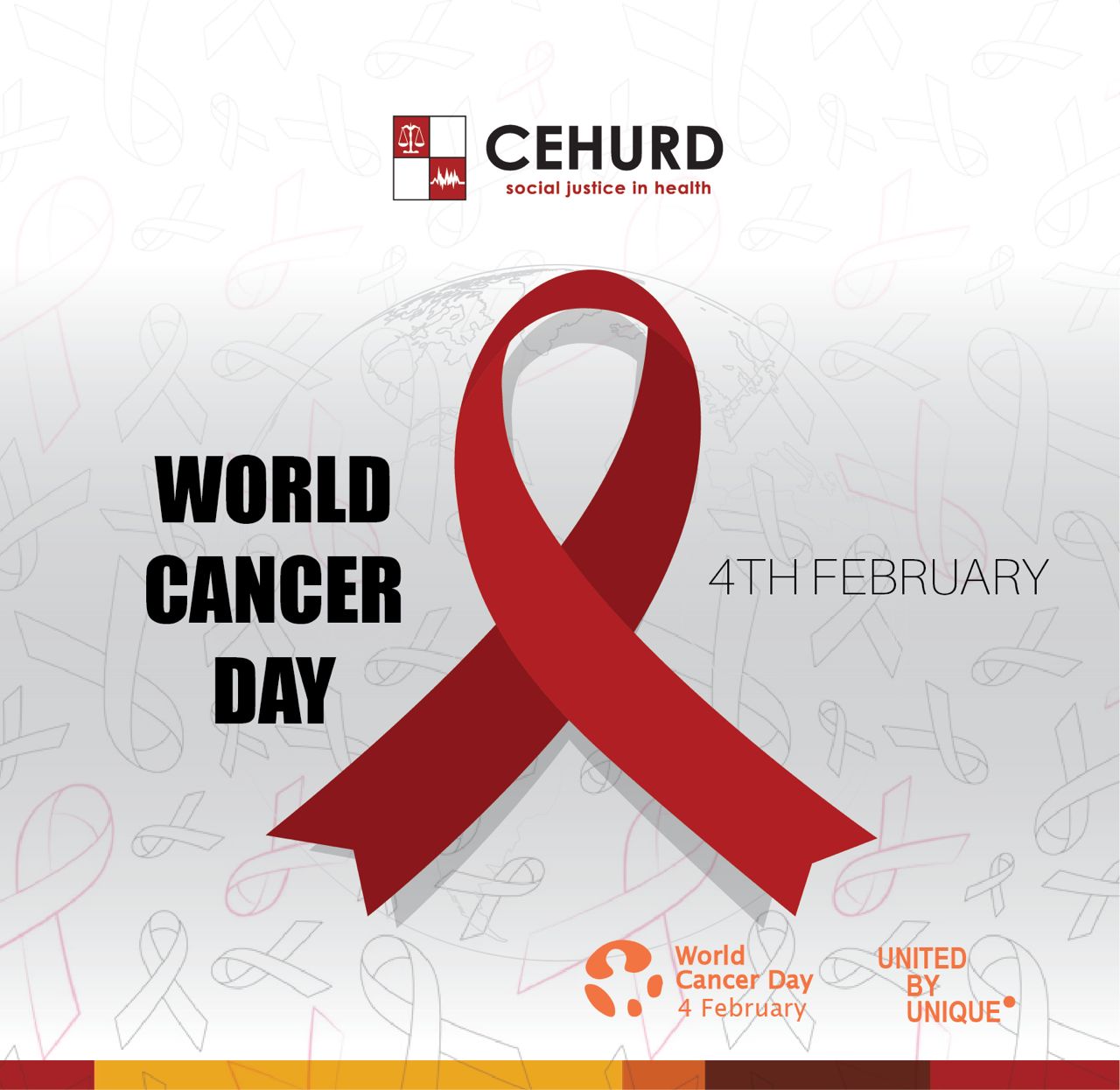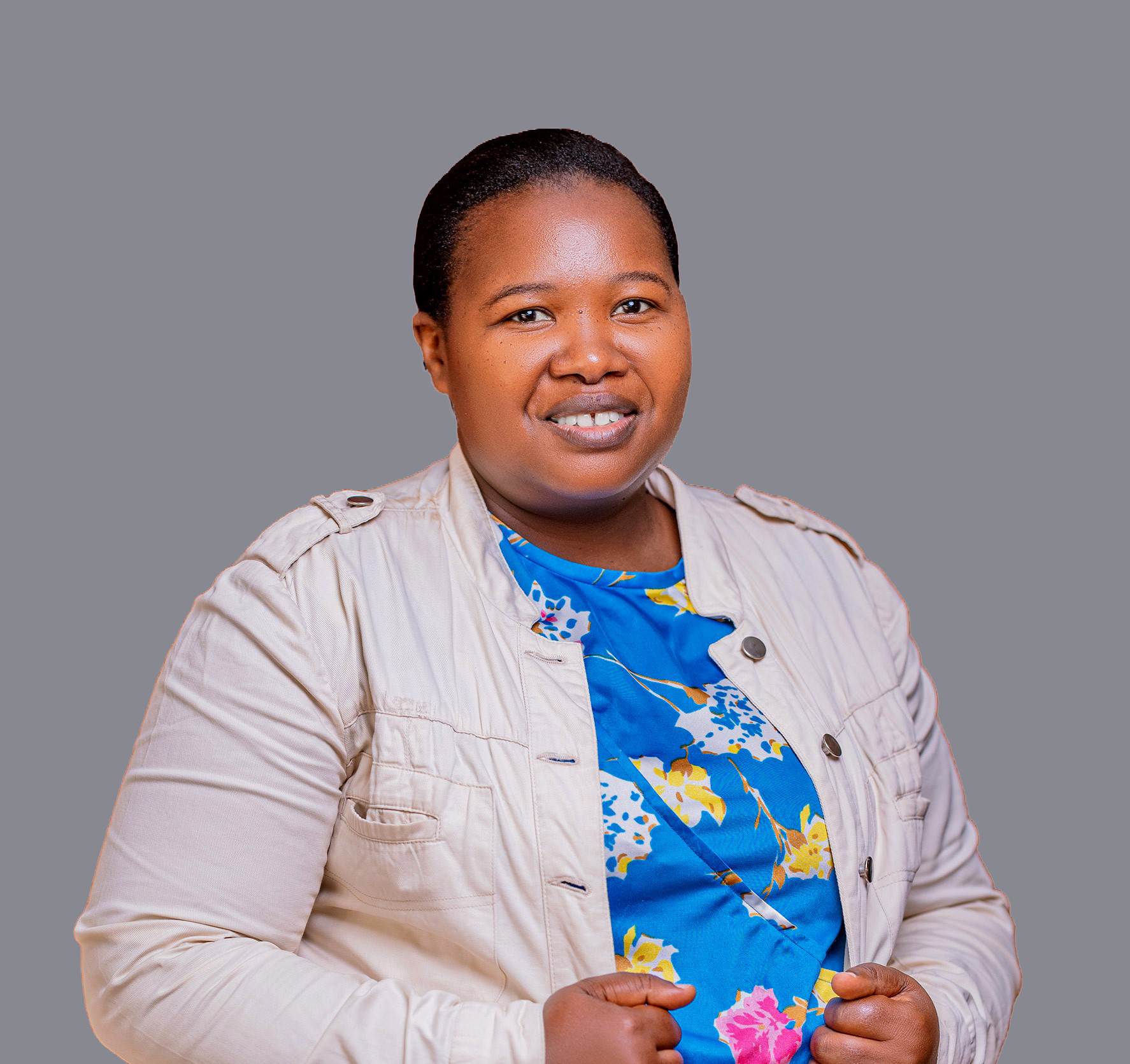By Sarah Akampurira
As we commemorate World Cancer Day 2024, my heart is burdened as I reflect on the loss of a dear one to cancer last year. I implore the government, private sector, and individuals to prioritize the creation of a supportive environment that ensures equitable access to treatment, information, and dignified care for all. The days of perceiving cancer as a distant concern are behind us; it now lives with us, impacting the very fabric of families and our social networks.
In recent times, cases of cancer have increasingly become common regardless of age, sex or any other demographics. In November 2015, Uganda rolled out free Human Papilloma Virus (PHV) vaccination for adolescent girls 10–14 years in its’ immunization schedule across all districts as a primary preventive measure for cervical cancer. Unfortunately, the uptake of HPV vaccination has been low across Uganda which may be due to limited knowledge and unverified information that spreads like wildfire on various media platforms causing fear and resentment among the users. As parents, let us embrace the HPV vaccination programme to ensure that our daughters aged 9 to 14 years are fully vaccinated before becoming sexually active to reduce their chances of getting Cervical cancer.
The 2024 World Cancer Day theme “Together, we challenge those in power” is a call to action for everyone stretching from Global leaders to double our efforts and deliberately work towards investment in cancer prevention and care to prevent early avoidable deaths due to loss of hope, and frustration related to cancer treatment. It is our responsibility to live healthy lives, exercise, eat right, and undergo routine medical check-ups to minimize the chances of cancer and once one is diagnosed, they should be facilitated to enroll in care for proper management.
The pain of seeing your loved one who has always been in charge of everything and everyone around her live in a situation of dependency for years, miss church sessions, work and always weak calls for support beyond the medical needs. When a parent is battling with cancer, family roles change, the other partner and children have to pick up those duties. The children start to act like adults and this becomes overwhelming at times balancing school, friends as well as taking on caregiver roles.
Witnessing a loved one, who has always been a pillar of strength, succumb to a prolonged state of dependency due to cancer is a distressing experience. Beyond the obvious medical requirements, there emerges a call for support that extends to the emotional and practical aspects of life. During the cancer battle, family dynamics undergo a profound shift, necessitating the redistribution of responsibilities among the partner and children. The children, forced into premature roles as caregivers, find themselves grappling with the challenge of juggling academic pursuits, social lives, and the weight of newfound responsibilities. The burden becomes overwhelming, highlighting the multifaceted impact of cancer on the intricate balance of family life. Psycho-social support remains a critical component in cancer care and management that should not only be limited to already identified clients but also the family members who in most cases shoulder the burden of care and support, live in a state of despair engulfed with fears of losing a loved one to the deadly cancer.
“Every single person has the ability to make a difference in the fight against cancer. Together, we challenge those in power to prioritise cancer management and neutralisation and ensure equitable access to cancer care for all.”
Under the leadership of the Ministry of Health- Uganda, deliberate efforts should be invested in creating awareness, through various channels not forgetting media platforms right from the local communities to facilitate behavior change. It’s no longer business as usual. Let us normalize talking about cancer in its entirety during health education talks like any other disease this helps to minimize the fears and also helps the patients to open up and embrace help from friends, health professionals, counselors, and family members even though it may not be easy.
The writer is a Programme Coordinator for Community Empowerment at the Center for Health, Human Rights and Development (CEHURD).


